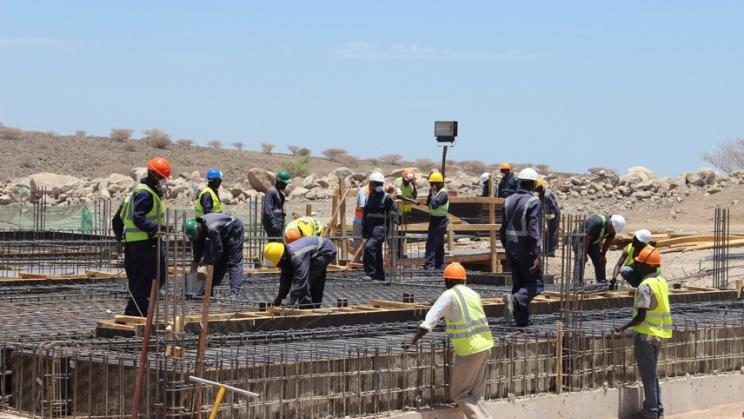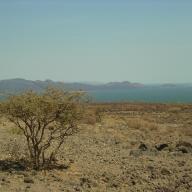Archived research
This page is for historical purposes and is no longer maintained
Conflict prevention and low-carbon development
This project investigates the changing livelihood conditions around the Omo-Turkana Basin—a lake basin in southern Ethiopia and northern Kenya which supports over 5 million people. It seeks to develop tools to build policymakers’ and implementers’ capacities to implement conflict-sensitive low carbon development project.
The Omo-Turkana Basin is situated in the borderlands of Southern Ethiopia, Northern Kenya, Eastern Uganda and Southern Sudan. A combination of factors such as climate change and development mean that the basin is under pressure. Consequently, there are increasing concerns about what this transformation will mean for economic and human security. At the same time, there has been an expansion of renewable energy projects that seek to provide sustainable energy access to citizens.
The project will utlize a multidisciplinary research team comprises of individuals from institutes in Ethiopia, Germany, Kenya, Sweden and the United Kingdom. The researchers will document changing livelihood conditions and monitor impacts of renewable energy projects on peace and security.
As well as academic partners, the researchers will consult and work with civil society, governmental and multi-lateral partners, including: the Carbon Initiative for Development; the Swedish Energy Agency; and the Turkana Pastoralist Development Organisation.
The project is part of a three-year grant from the Swedish Research Council for Sustainable Development (FORMAS) awarded to SIPRI in 2017.
Research Team
Dr Matthew Osborne (Stockholm Environment Institute); Dr Naho Mirumachi (King’s College London); Dr Jed Stevenson (Durham University); Immo Eulenberger (Max Planck Institute); Vane Moraa Aminga (SIPRI).
The local research partners are the Turkana University College and the Institute for Regional Integration and Development (Catholic University of East Africa).
Research staff
no researchers

